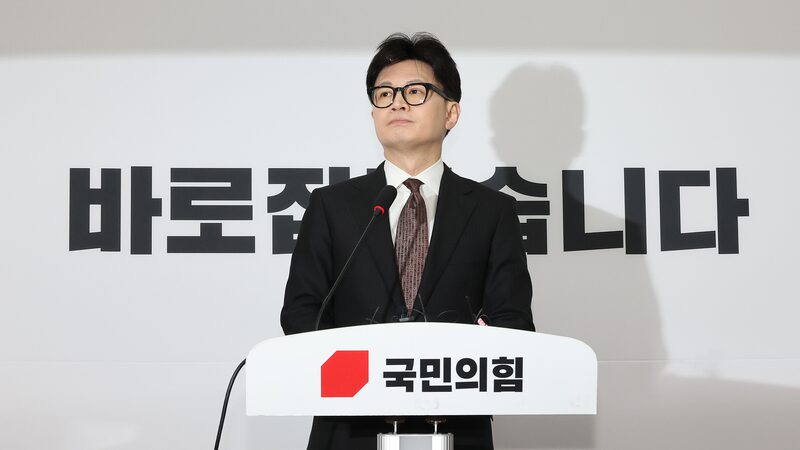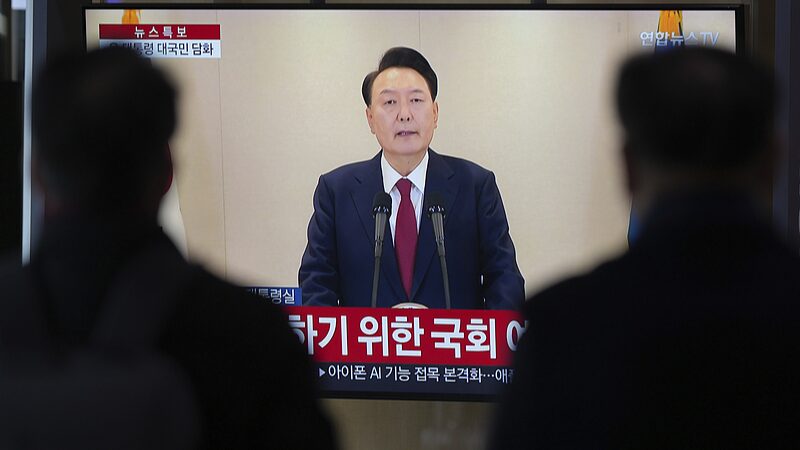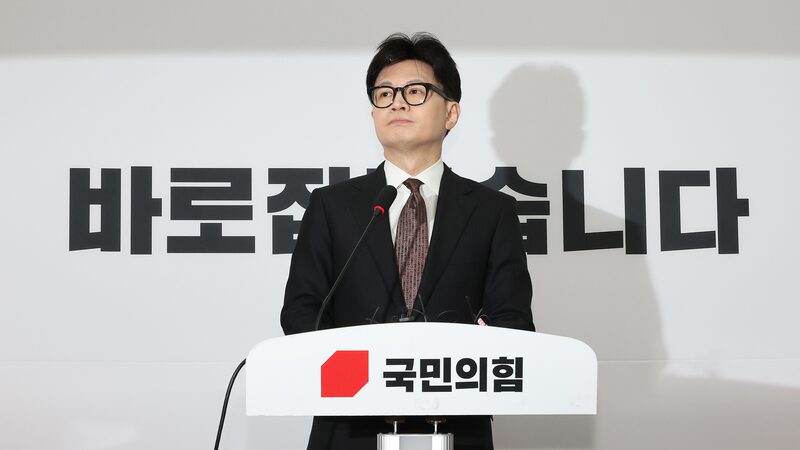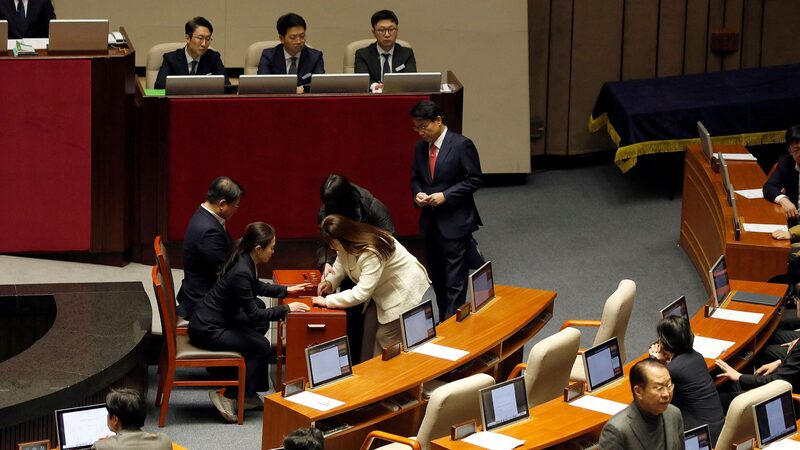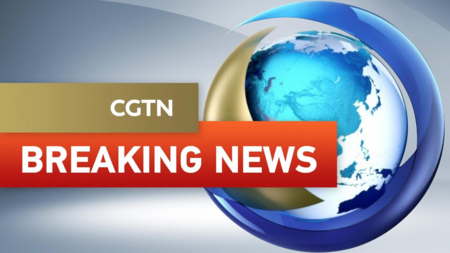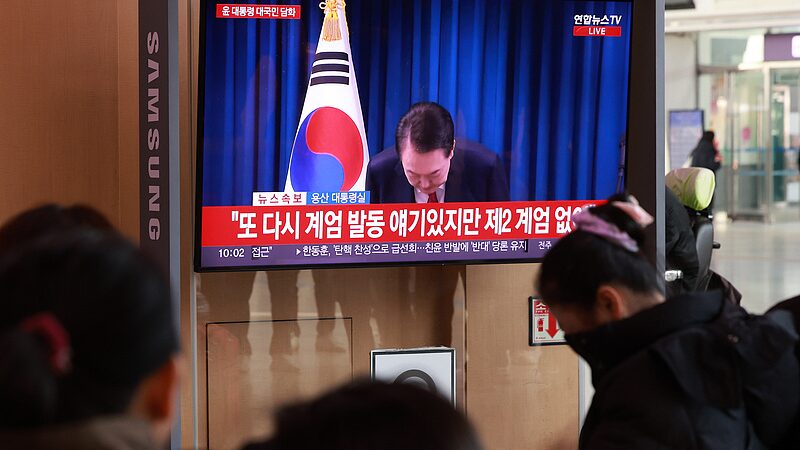Seoul, South Korea – In a dramatic turn of events, Han Dong-hoon, leader of South Korea’s ruling People Power Party, announced his resignation on Monday following the impeachment of President Yoon Suk-yeol by the National Assembly last Saturday.
Addressing the nation in a televised press conference, Han stated that his decision came as the party’s supreme council collapsed due to the resignation of its members, rendering him unable to fulfill his duties as party leader. “I deeply apologize to all who have suffered from the imposition of emergency martial law,” Han expressed, referencing the controversial decree declared by President Yoon on the night of December 3, which was swiftly revoked by the National Assembly hours later.
Han, who had previously advocated for an “orderly resignation” of President Yoon, lamented the failure to find an alternative solution to the impeachment. “Efforts were made to find a better way for the country other than impeachment, but to no avail,” he noted.
His resignation comes less than five months after he was elected party leader on July 23, marking a period of intense political upheaval. The second motion to impeach President Yoon was passed by the National Assembly and forwarded to the Constitutional Court for deliberation, a process that can take up to 180 days. During this period, President Yoon’s presidential powers are suspended.
In the wake of the impeachment, all five elected members of the People Power Party’s supreme council have expressed their willingness to step down, adding to the party’s leadership vacuum. With Han’s departure, floor leader Kweon Seong-dong will assume the role of acting leader of the ruling party.
The political crisis has plunged South Korea into uncertainty, with citizens and international observers closely watching the developments. The swift impeachment and subsequent resignations highlight the deep divisions and challenges within South Korea’s political landscape.
The declaration of emergency martial law by President Yoon had sparked widespread criticism and protests, exacerbating tensions between the executive branch and the legislature. The National Assembly’s prompt revocation of the martial law and the impeachment proceedings reflect the turbulent state of governance in the country.
As the Constitutional Court begins its deliberations, South Korea faces a pivotal moment that will shape its democratic institutions and future leadership. Investors, academics, and the global community alike are monitoring the situation for its implications on the nation’s stability and economic prospects.
Reference(s):
South Korea's ruling party leader resigns after Yoon's impeachment
cgtn.com
